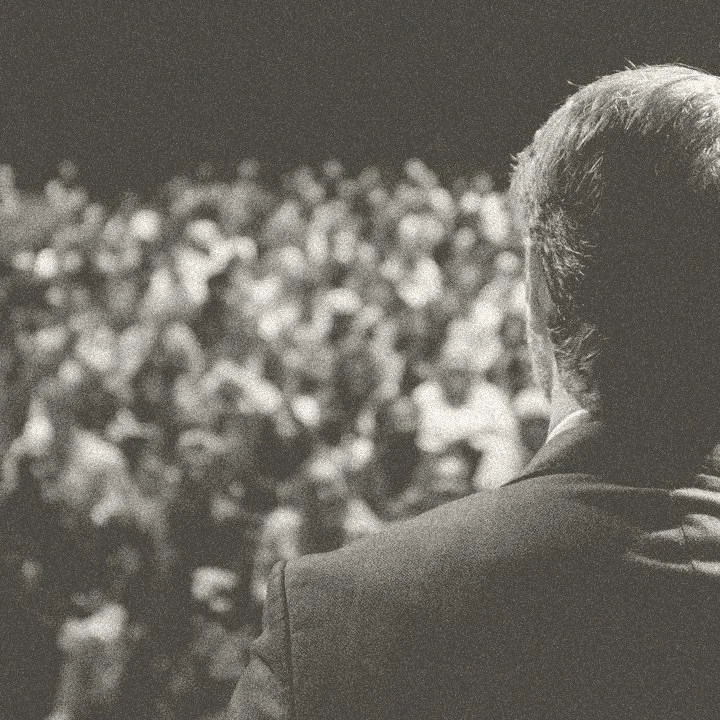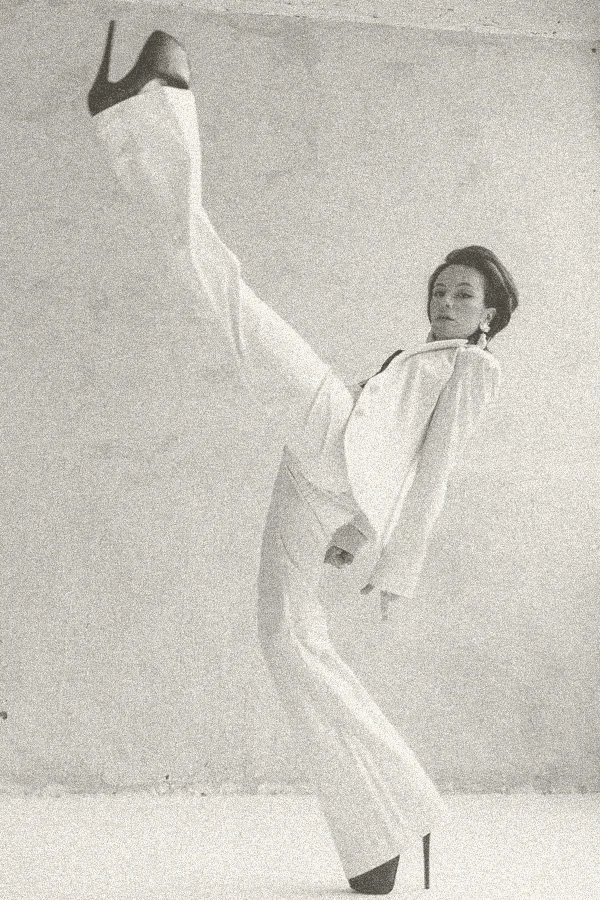Transforming Mindset
Optimizing Human Potential






Mindset Shapes Reality
Nerves. Imposter Syndrome. Burnout.
They're stealing your best moments. Keeping you from being fully present when it matters most. You train harder, practice longer, prepare more—but something still holds you back.
The field. The stage. The boardroom. Different venues, same struggle.
You know the feeling:
Alone with your thoughts before the big moment
Your brain spinning stories that don't serve you
"I don't belong here"
"Everyone's going to find out I'm a fraud"
"I can't hang with these people"
Sound familiar?
Burned out and overwhelmed, your exhausted mind becomes your worst enemy. Sabotaging narratives before you even step up to perform. Before the phone rings with your next opportunity. Before you take the stage, field, or seat at the table.
When you're working in isolation, looking at individual pieces instead of seeing the whole picture, you can't see yourself clearly. You're trapped inside your own head, making up stories that keep you small.
The real issue isn't your talent. It's not your preparation. It's your mindset.
Align your thoughts, words, and actions. Activate your potential.
Step into every moment without mental sabotage. Without the stories that keep you small. Just clarity, confidence, and the freedom to perform at your full capacity.
When everything is brought into alignment the results take care of themselves. But first, you need to see yourself clearly—and that requires holding up a mirror to every part of your process.
Real peak performance isn't about working harder. It's about working from a strong body, clear mind, passionate heart and bright spirit.
If you want to live up to your personal potential, you need someone who can help you see what you can't see on your own. Someone who understands the unique pressures of high performance and can guide you from mental interference to mental clarity.
The stage is set. The opportunity is there.
Are you ready to perform without limits?
“Session after session Joe inspires me to stay curious, be honest, and take the big leaps – a recipe that has resulted in … so much expansion that I often catch myself asking if I’m in a dream!”
Bianca Melchior
Wicked, Shmigadoon
Performance personalized to you
Bettering how you handle high-stakes moments, building the inner resilience and courage needed to consistently deliver when it counts.
Media Training
World Class Athletes Deserve World Class Media Training
Own the moment on camera, in interviews, in every spotlight. Media mastery is a competitive edge.
Individual Coaching
Creative Leaders in a Relentless Pursuit of a Life Well Lived
It doesn't happen by accident. Intentional Design for each part your life on purpose and with purpose.
Group Coaching
Change Seekers Preparing for a Life They Haven’t Stepped Into Yet
Optimizing human potential—from the inside out.
Speaking
Gather Around the Fire: Let’s Tell the Stories Where Better Is Possible.
EmBettering Cultures through tales of Purposeful Play.
At a Glance
Since 2018, we’ve been redefining peak performance—on camera, in the arena, and at the table where decisions get made. From Hollywood to Atlanta and from Toronto to Paris—our work travels well.
10,000+
VIEWERS IMPACTED
Through national and international broadcasts, including The NFL’s Elite 11, The Today Show: Australia, and The Tennis Channel.
5,000+
STUDENTS & CREATIVES REACHED
Through keynotes, university lectures, community events, and group workshops.
2,400+
CLIENTS COACHED
In private sessions, live intensives, and digital trainings.
“Our sessions and his coaching points elevated my performance and allowed me to gain confidence in a style I had not had in a decade in the broadcasting profession.
I plan to work with Joe for the remainder of my career and if you want to grow as a performer, I’d contact him as soon as possible.”
Yogi Roth
Emmy Award Winning College football analyst & host BigTen Network
Ready to shift your mindset?
Watch the free Mindset 101 Video Series and learn the tools and techniques you need to shift your perspective, add purpose to your focus, and ultimately be more you.




